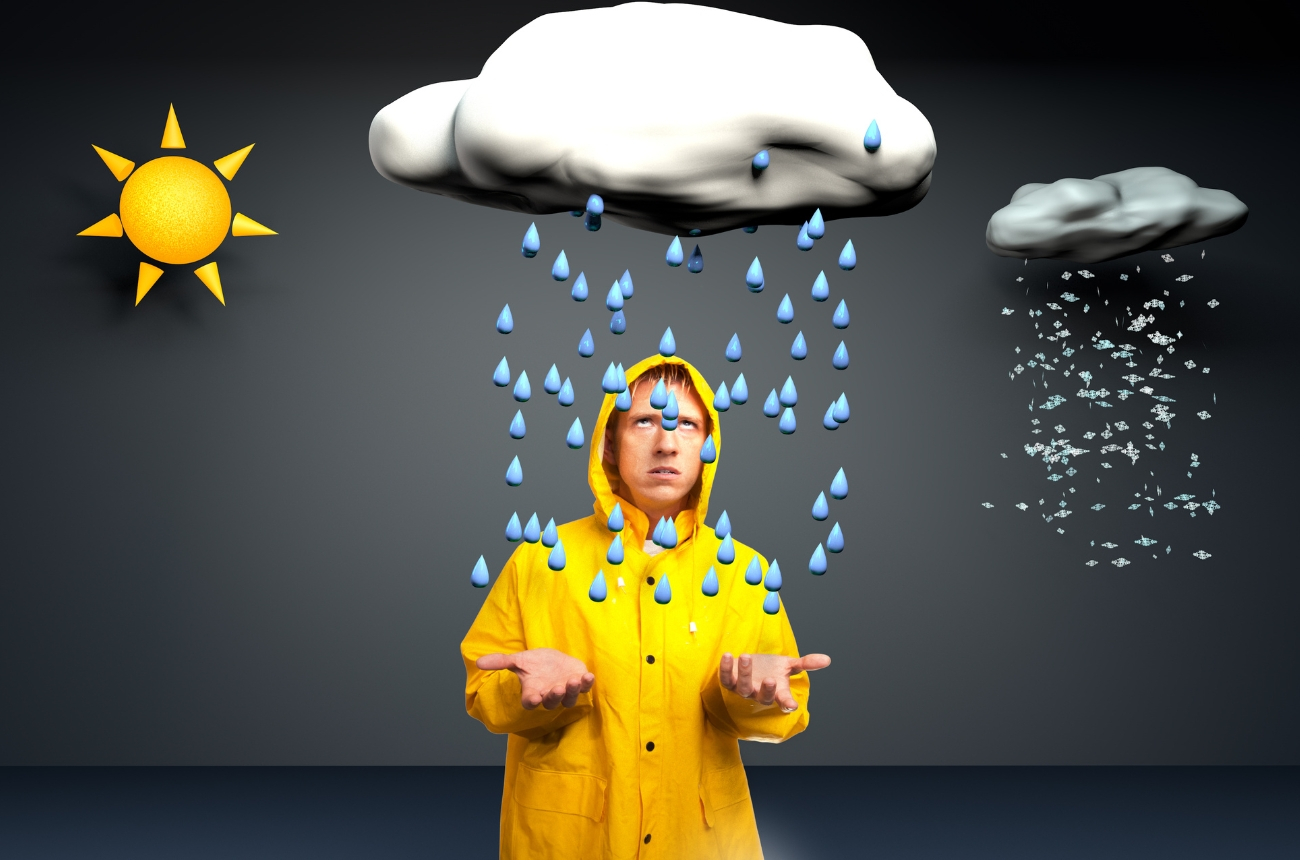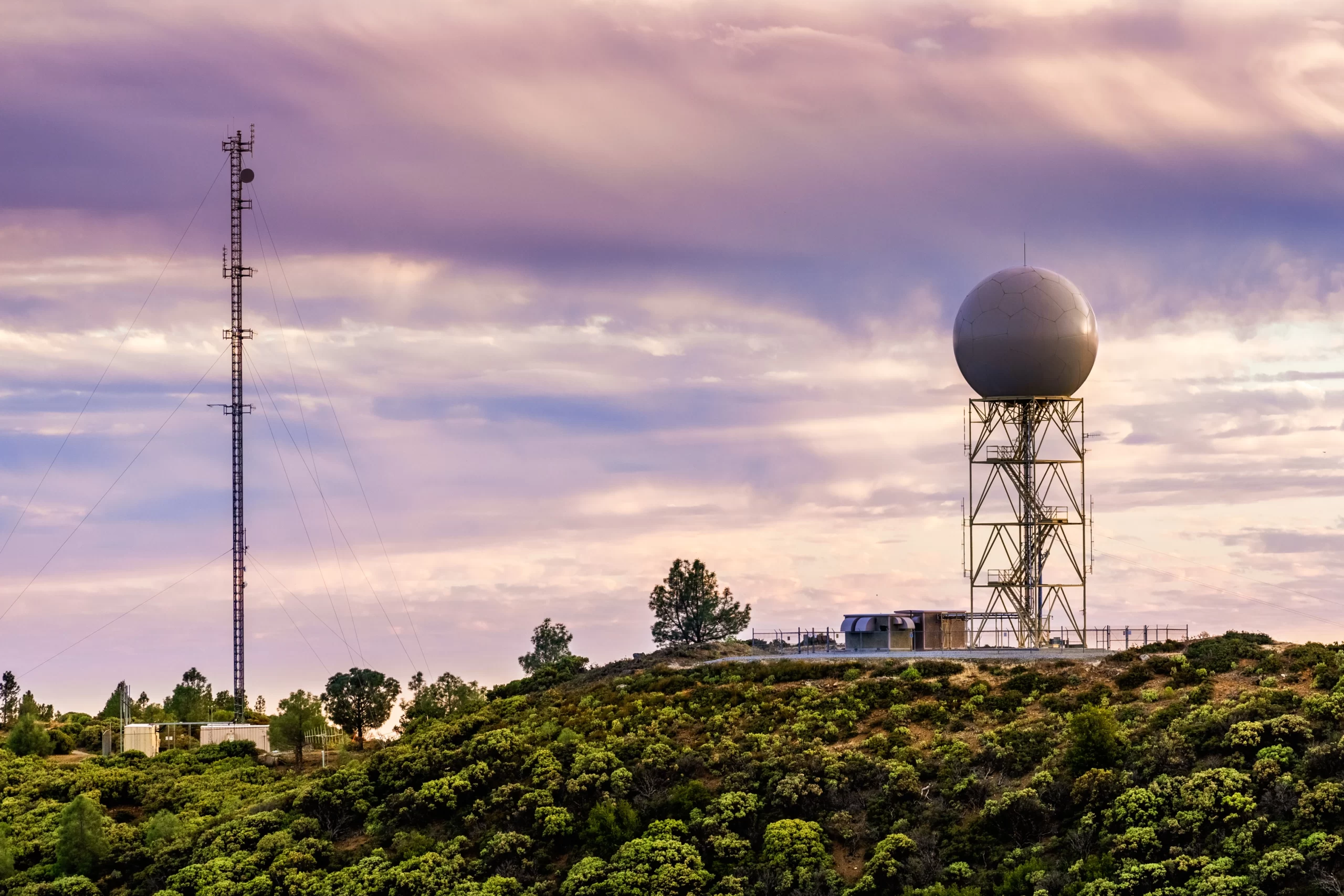Weather is of vital importance to businesses. From daily operations to long-term strategic planning, businesses must take into account the effects of weather conditions. At this point, Weather Intelligence plays an important role.
Weather and Businesses
Weather can affect the operations of many businesses. For example, a retail business can adjust inventory levels in anticipation of impending bad weather. Energy producers can optimise their production by using weather forecasts to predict energy demand. Agricultural businesses can plan crop harvesting and planting based on weather conditions. Businesses can become more efficient and effective by taking weather conditions into account.
Weather Intelligence and Businesses
Weather Intelligence helps businesses better understand weather data. This technology uses advanced algorithms and artificial intelligence to collect, analyse and transform weather data into meaningful information. In this way, businesses can better predict future weather conditions. For example, a hotel business can use weather forecasts to optimise room bookings and staff scheduling. Logistics companies can adjust transport routes and delivery processes according to weather conditions.
Weather Intelligence and Competitive Advantage
Weather conditions can directly affect the success of a business. Therefore, accurate weather forecasting and analysis has the potential to gain a competitive advantage. Weather Intelligence helps businesses with this. Businesses can use weather forecasts to improve inventory management, marketing strategies, pricing and more. Especially in the retail sector, weather conditions have a huge impact on consumer demand. Businesses can better react to demand fluctuations thanks to accurate weather information.
Benefits of Weather Intelligence for Business
Weather Intelligence offers a range of benefits to businesses. It enables businesses to provide up-to-date weather data, create accurate forecasts and integrate this data into business operations. By better understanding the impact of weather conditions, businesses can optimize their operations. For example, logistics businesses can use weather forecasts to plan transportation routes and improve delivery processes. Retail businesses can use weather data to improve inventory management and marketing strategies.It also contributes to the implementation of occupational health and safety measures, as ensuring workers are safe due to hazardous weather conditions is a priority for businesses. All of this highlights the potential to give companies a competitive edge and the ability to improve operational efficiency.
Real-time weather analytics and Weather AI help businesses better understand the effects of weather conditions. Using these technologies, businesses can make better decisions and gain a competitive advantage. When weather conditions are volatile, having accurate information is critical to business success.



